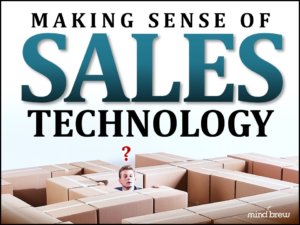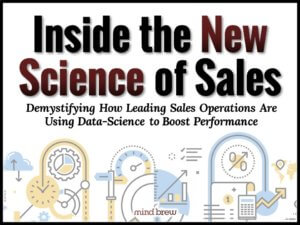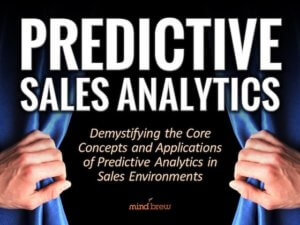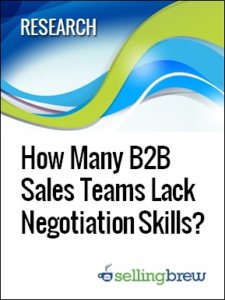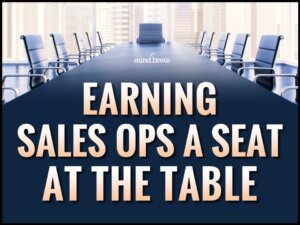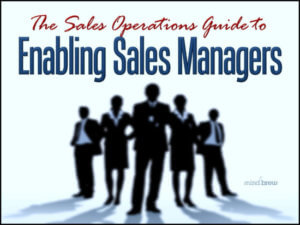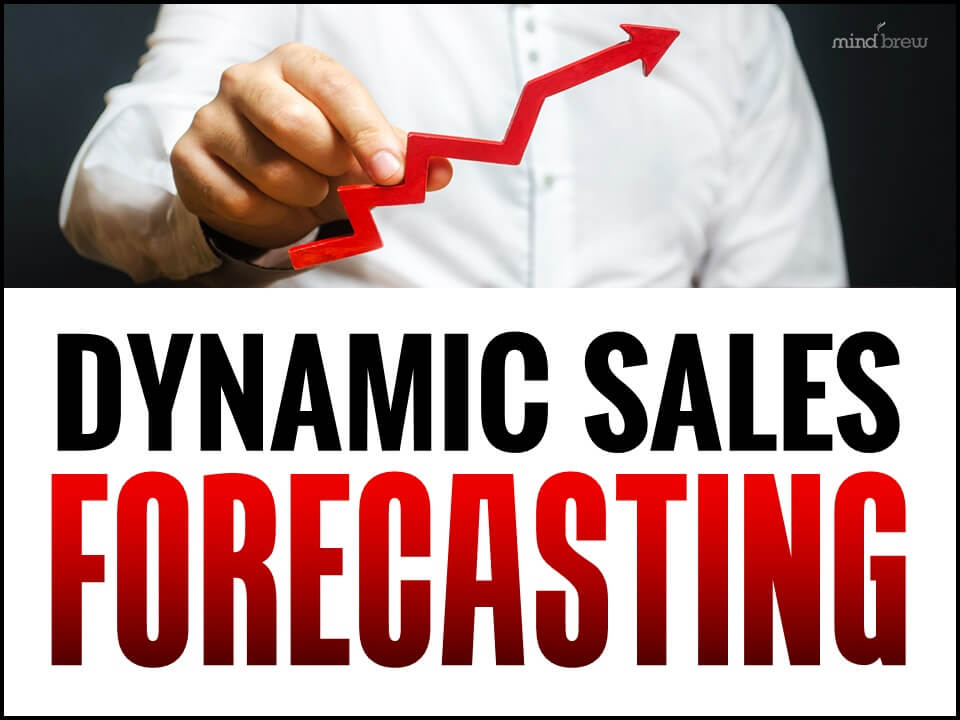It’s no secret that big data and machine learning are transforming Sales Ops. They allow teams to generate reports and forecasts in a fraction of the time that it took with older tools. And they enable companies to make calculations and work with data in ways that they were never able to before. We’ve also seen the rise of large language AI models like ChatGPT doing things we never could have imagined computers doing a short time ago.
Could the new technologies become so powerful that it makes the Sales Ops function obsolete?
That idea is understandably frightening — if you aren’t old enough to remember the first introduction of electronic spreadsheets.
An article titled A Spreadsheet Way of Knowledge that was first published in 1984 does a good job of explaining just how revolutionary spreadsheet software was. And a lot of the language it uses is eerily similar to the descriptions of today’s machine learning-based tools.
Here’s an excerpt:
Today, VisiCalc and its newer rivals – most notably, a more powerful spreadsheet program designed by the Lotus Development Corporation called 1–2–3 – are making fundamental changes in the way American businesses work. For the first time, businessmen have at their fingertips sophisticated and flexible means to chart all the variables – from interest rates to warehouse space – that make (and break) businesses. The biggest firms, the most diversified corporations, can be neatly translated into spreadsheet “models” – each box of the grid a window on to once-overlooked facts or relationships. These models can be used not only to keep track of transactions but also to analyze the nature of a business itself. They allow businessmen to calculate the effects of sudden changes in the corporate environment (a decrease in the prime rate) and to experiment with scenarios (anything from the expansion of a product line to a merger) – all with an ease inconceivable five years ago. . . . .
There are corporate executives, wholesalers, retailers, and small business owners who talk about their business lives in two time periods: before and after the electronic spreadsheet. They cite prodigious gains in productivity. They speak of having a better handle on their businesses, of knowing more and planning better, of approaching their work more imaginatively.
Electronic spreadsheets allowed a single accountant to do the work formerly done by an entire team. That was a pretty scary prospect if you were an accountant in the 1980s.
But of course, with the benefit of hindsight, we know that spreadsheets did not make accountants obsolete. Just the opposite, in fact. Accountants used the time freed up by spreadsheets to do things with numbers that hadn’t been possible before. They became more valuable — not less — to their employees.
I believe the same thing is likely to happen with Sales Ops. As the software tools become more powerful, Sales Ops professionals who can use those tools in novel, strategic ways will become indispensable to the companies that employ them.
One of my favorite sections from that old spreadsheet article is that part where the writer has to explain to the readers what a cursor is. He wrote, “The ‘cursor,’ a tiny block of light on the screen that acts like a kind of electronic pencil, can be moved (by a touch of the computer keyboard) to any cell on the spreadsheet.”
That kind of description seems laughably obvious to us today. In another decade or two the new-fangled algorithms and machine learning that writers have to painstakingly spell out today will very likely seem just as self-explanatory. If you want to be prepared for this future, the time is now to start using the emerging technology.
If you’re not sure where to begin, SellingBrew has a few resources to help. Check out Making Sense of Sales Technology, Inside the New Science of Sales, and Predictive Sales Analytics.
In the long run, sales technology probably won’t make you obsolete. But not learning to use the new sales technology almost certainly will.

